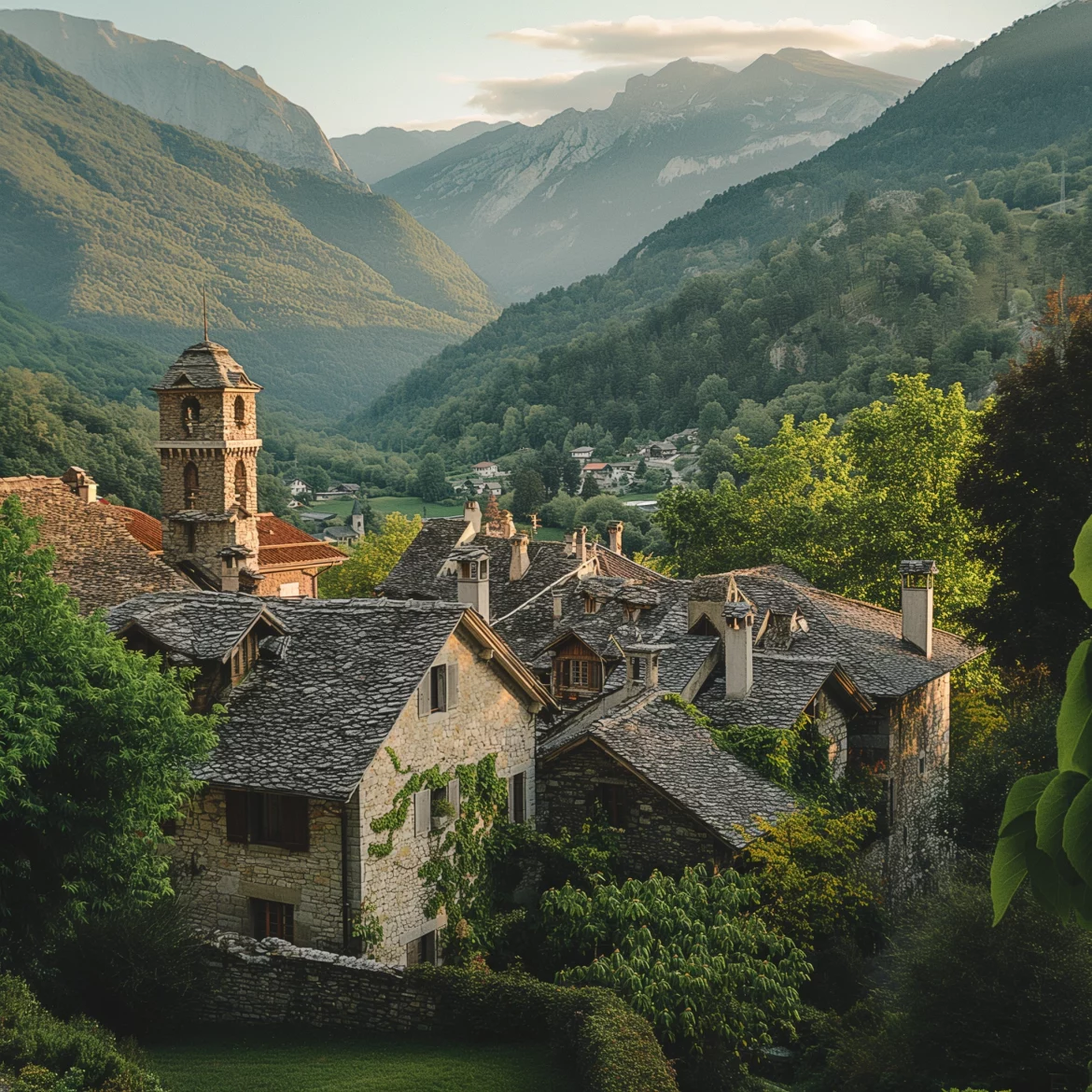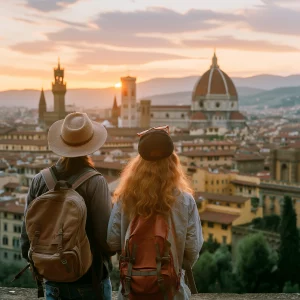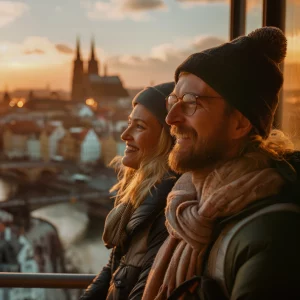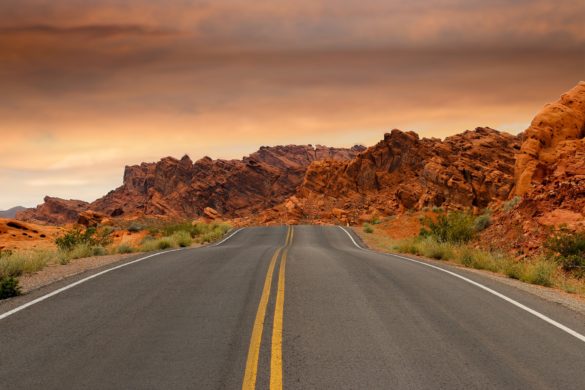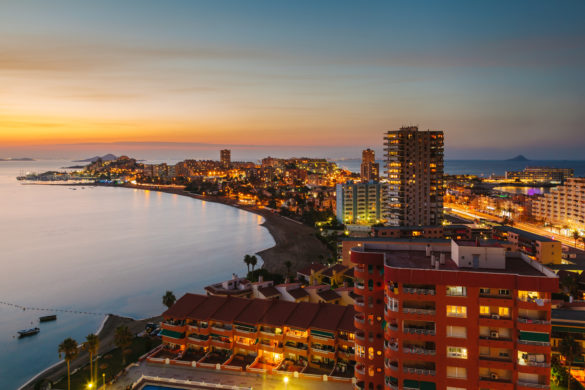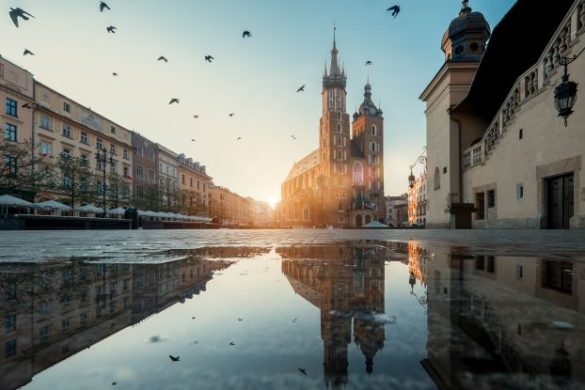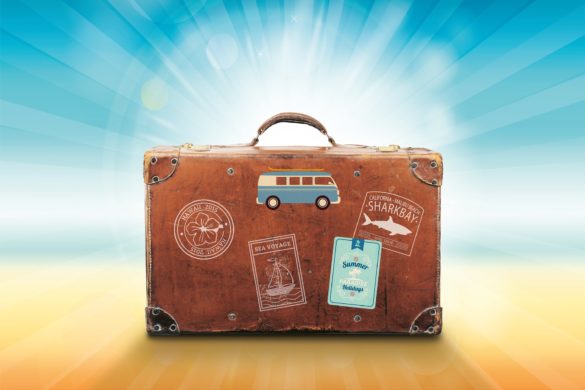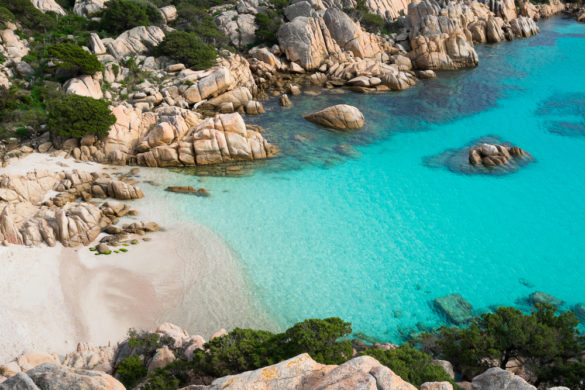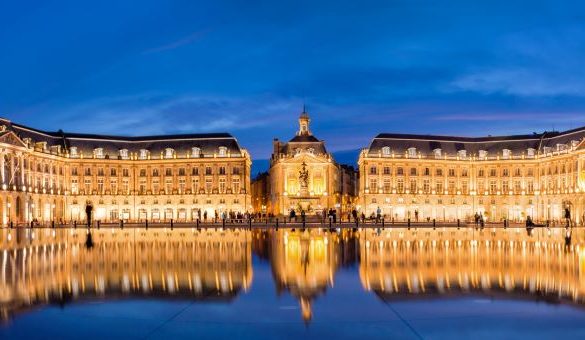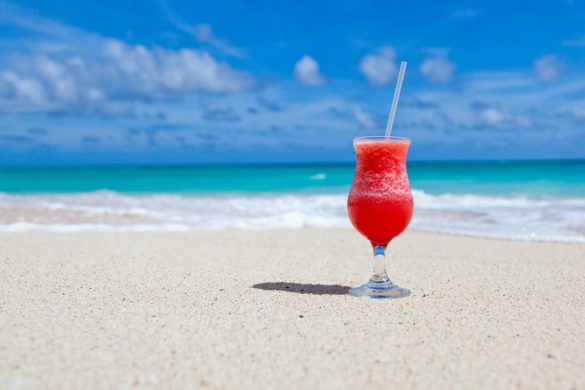Embarking on a European adventure promises an immersive journey through centuries of history, art, and culture. Europe’s rich tapestry, woven from the varied threads of its nations, offers an endless exploration of awe-inspiring landscapes, architectural marvels, and culinary delights.
To ensure a seamless experience, it’s crucial for travellers, especially those from the UK venturing across the channel, to arm themselves with essential travel tips. These insights cater not only to individual adventurers but also to families seeking memorable experiences. Our guide distils comprehensive strategies into actionable advice, encapsulating everything from cultural immersion to logistical planning.
Exploration and Culture
Europe’s allure lies in its famous capitals and the hidden gems that dot the continent. The key to a fulfilling trip is to adopt a mindset of focused exploration rather than trying to cover as much ground as possible. We advocate for deep cultural immersion, suggesting travellers revisit regions to understand the nuances of local life and history. Venturing off the beaten path to explore lesser-known cities and landmarks enriches the travel experience far beyond the conventional tourist circuit. This approach allows for a deeper appreciation of Europe’s diverse cultures within close proximity.
For the culturally curious, we recommend embracing local customs and delving into the historical fabric of each destination. Whether it’s participating in traditional festivities, exploring ancient ruins, or simply enjoying a quiet afternoon in a secluded village café, these experiences forge lasting memories and a profound connection to the places visited.
Planning and Itinerary
The foundation of a seamless European adventure is meticulous planning, particularly concerning flights and itineraries. Monitoring flight deals and understanding the best times to book can significantly reduce travel costs. Early booking, leveraging deals, and employing strategic purchase timing are essential.
Budget planning is another critical aspect, requiring a balance between leveraging deals and prioritising expenditures to stretch the travel fund further. Awareness of visa requirements, especially the European Travel Information and Authorization System (ETIAS) and the changes introduced in 2023, is crucial for non-visa nationals to ensure smooth entry into European countries.
Packing and Preparation
Adopting a minimalist approach to packing can significantly enhance travel convenience. Our guide stresses the importance of carrying only the essentials, focusing on versatile and adaptable clothing options to cater to Europe’s varied climates. Utility should always take precedence over quantity, with a particular emphasis on comfortable footwear suitable for long walks. When planning for laundry and carrying digital backups of important documents, it is also advised to prepare for any contingencies.
Transportation
Navigating Europe’s transport networks is a key aspect of travel planning. The efficiency and coverage of train travel, particularly through the Eurail pass, offer flexibility and a unique view of the continent’s landscapes. We highlight the importance of understanding pass validation and the benefits of budget airlines for longer distances, advising against car rentals in dense urban areas. The guide also covers the practicality of choosing portable luggage to navigate cobblestone streets and historic districts.
Accommodation
Finding suitable accommodations is paramount, with options ranging from hostels for the budget-conscious to boutique hotels and Airbnb for those seeking a more personalised experience. Central locations are preferred for their convenience in accessing major attractions, blending the ease of exploration with the comfort of proximity.
Culinary Exploration
Europe’s culinary landscape is as diverse as its cultures, offering a spectrum of flavours and dining experiences that go far beyond the typical tourist haunts. We encourage travellers to seek out local dining establishments where regional specialities shine. Markets, in particular, offer a unique insight into local culinary traditions and are perfect for enjoying authentic meals at a fraction of the cost of restaurant dining. Embracing local breakfast traditions can also add a delightful dimension to your travel experience, providing not just sustenance but also a taste of local life.
Language and Communication
While English is widely spoken across major European destinations, making an effort to learn basic phrases in the local language can significantly enhance your travel experience. It demonstrates respect for the culture and can open up more authentic interactions with locals. Translation apps are invaluable tools for navigating language barriers but don’t underestimate the power of gestures and non-verbal communication. Often, a smile and a genuine interest in local customs can go a long way in forming meaningful connections.
Safety and Health
Travelling safely involves a keen awareness of your surroundings, especially in crowded tourist areas where pickpockets may target unsuspecting visitors. We recommend carrying travel insurance to mitigate unforeseen medical expenses and ensuring some cash is on hand for places where credit cards may not be widely accepted. Managing jet lag with strategies such as using melatonin supplements and optimising your sleep environment can also help you adjust more quickly to new time zones, ensuring you’re well-rested for your adventures.
Budgeting and Expenses
A successful European trip hinges on wise budget management. Understanding your spending priorities allows you to allocate funds effectively, ensuring you can enjoy the experiences most important to you. Awareness of hidden costs, such as currency conversion fees and ATM withdrawal charges, is crucial. We advocate for avoiding debt by leveraging deals and engaging in realistic financial preparation, ensuring your travel experiences are enjoyed without financial stress.
Sustainability and Responsible Tourism
As travellers, we have a responsibility to minimise our environmental impact and support the communities we visit. Engaging in sustainable travel practices, such as using public transportation, participating in eco-friendly activities, and supporting local economies, contributes positively to the destinations we explore. Encouraging travel during off-season periods not only offers cost savings and fewer crowds but also helps distribute tourist traffic more evenly throughout the year, reducing the strain on local resources.
Leisure and Recreation
European travels are incomplete without indulging in leisure and recreation, which provide a balance to cultural and historical explorations. Whether it’s lounging on a Mediterranean beach, wandering through serene parks, or experiencing the vibrant nightlife, leisure activities offer a chance to unwind and reflect on the experiences gathered. Cultural immersion continues through visits to museums and historical sites, as well as participation in local events, enriching the travel experience with layers of understanding and appreciation.
Connectivity and Technology
In today’s connected world, staying in touch and maintaining access to online resources is vital. Ensuring you have a reliable way to communicate, whether through SIM cards or Wi-Fi spots, is essential. Equally important is having the right charging adapters for your devices and keeping digital backups of important documents for easy travel access.
Final Thoughts
In closing, embarking on a European adventure is more than just a journey; it’s an opportunity to immerse oneself in the rich tapestry of cultures, histories, and landscapes that define this remarkable continent. With these essential travel tips, from cultural immersion to responsible tourism, travellers can ensure a seamless, enriching experience.
Whether exploring ancient ruins, savouring local cuisines, or connecting with locals, the essence of Europe lies in its diversity and the stories waiting to be discovered. May your travels be filled with unforgettable moments, broadened horizons, and a deepened appreciation for the world’s shared heritage.


